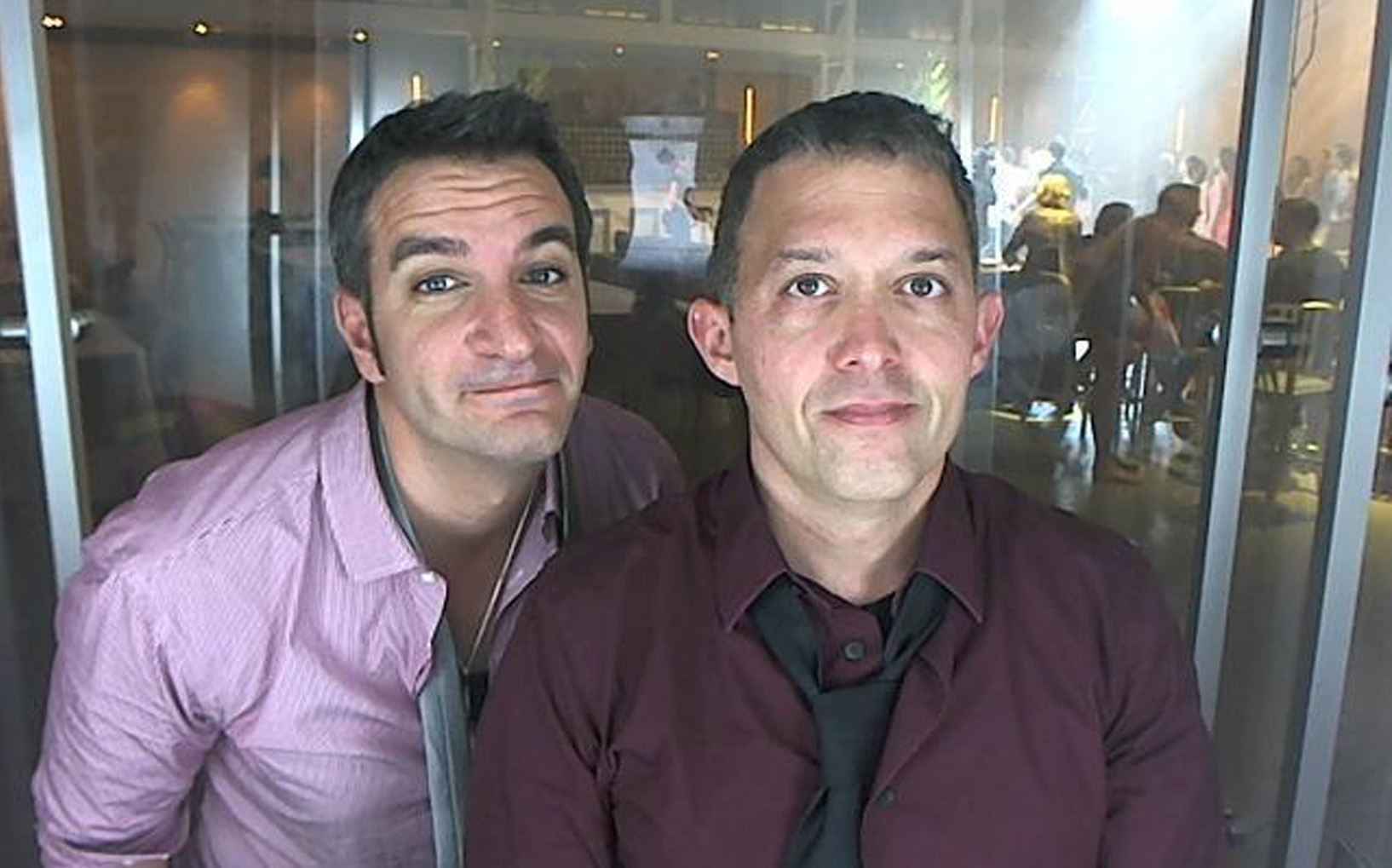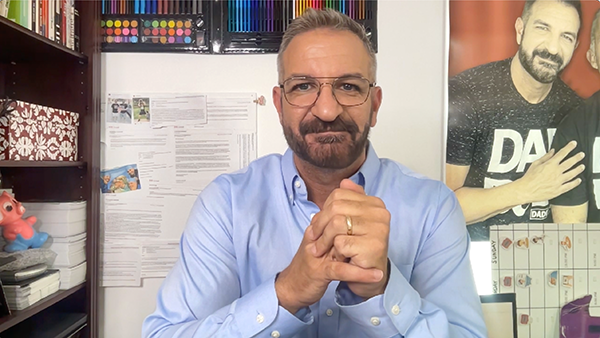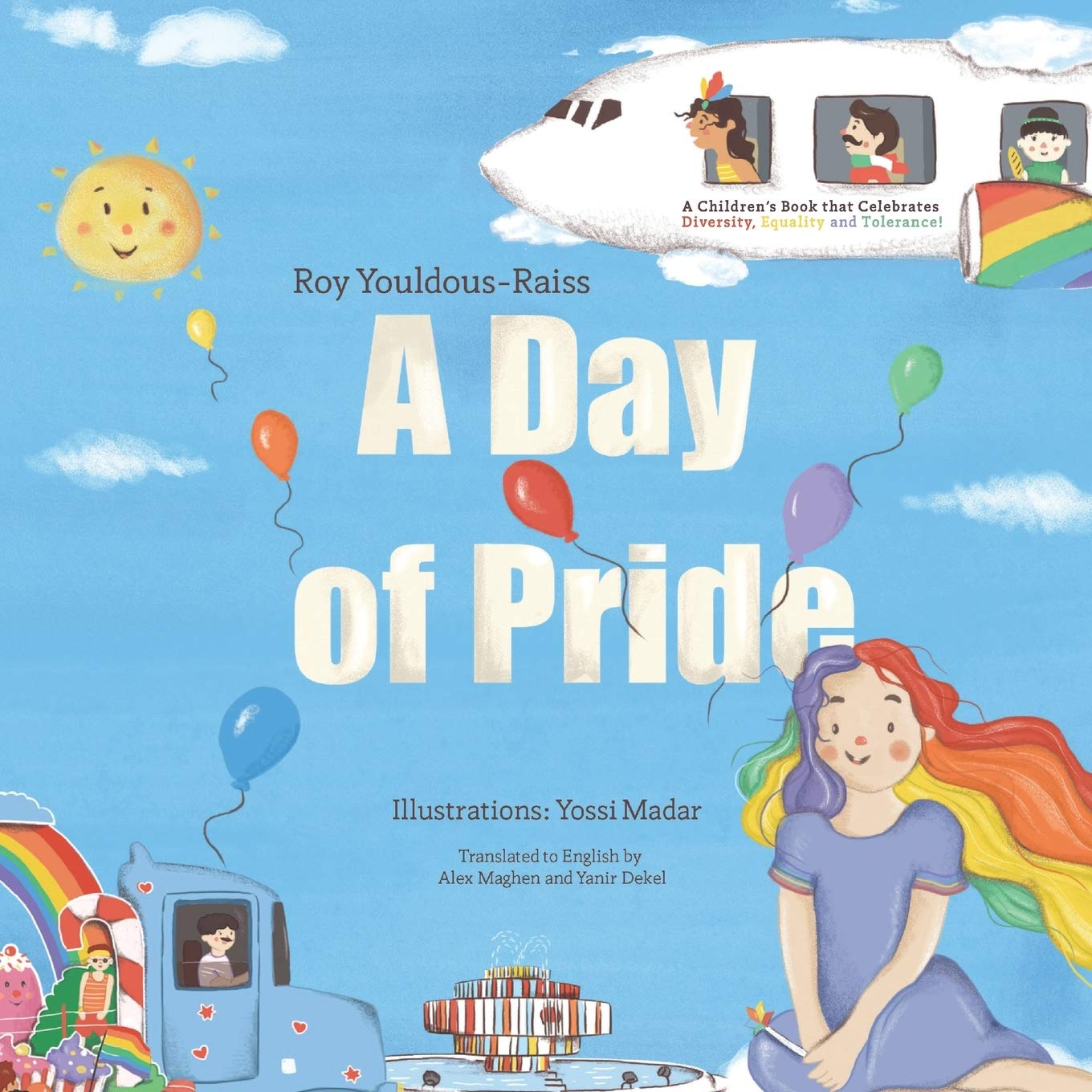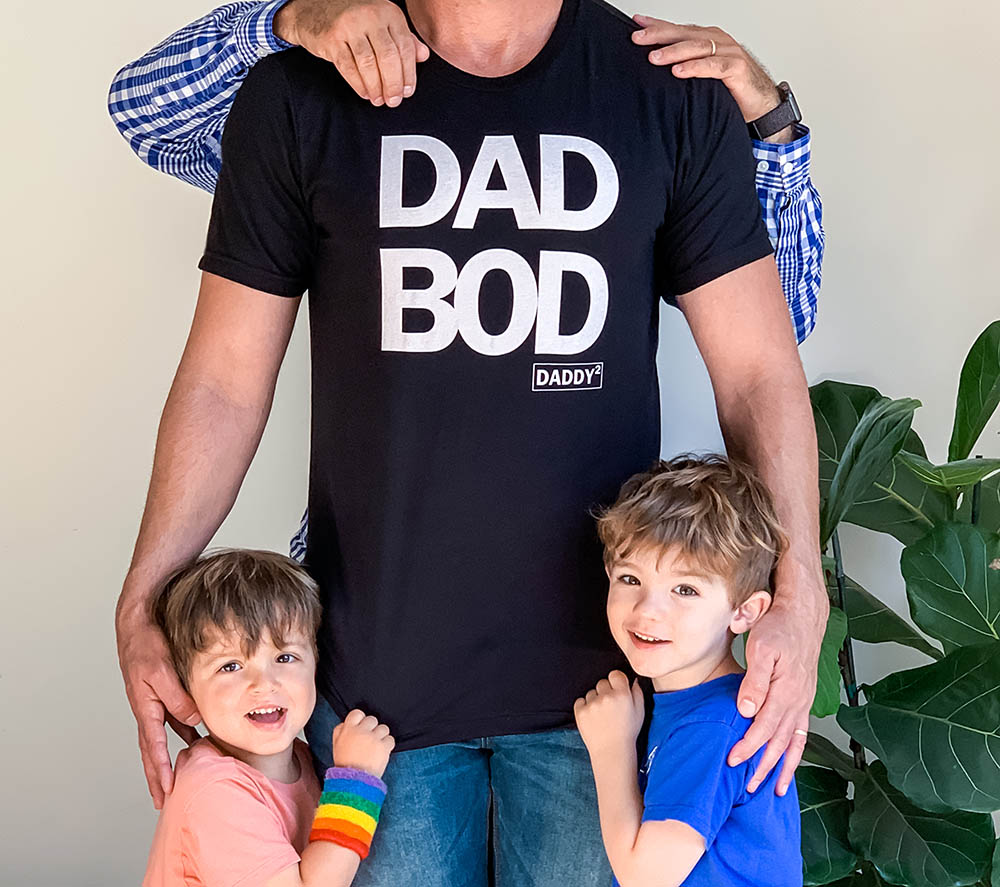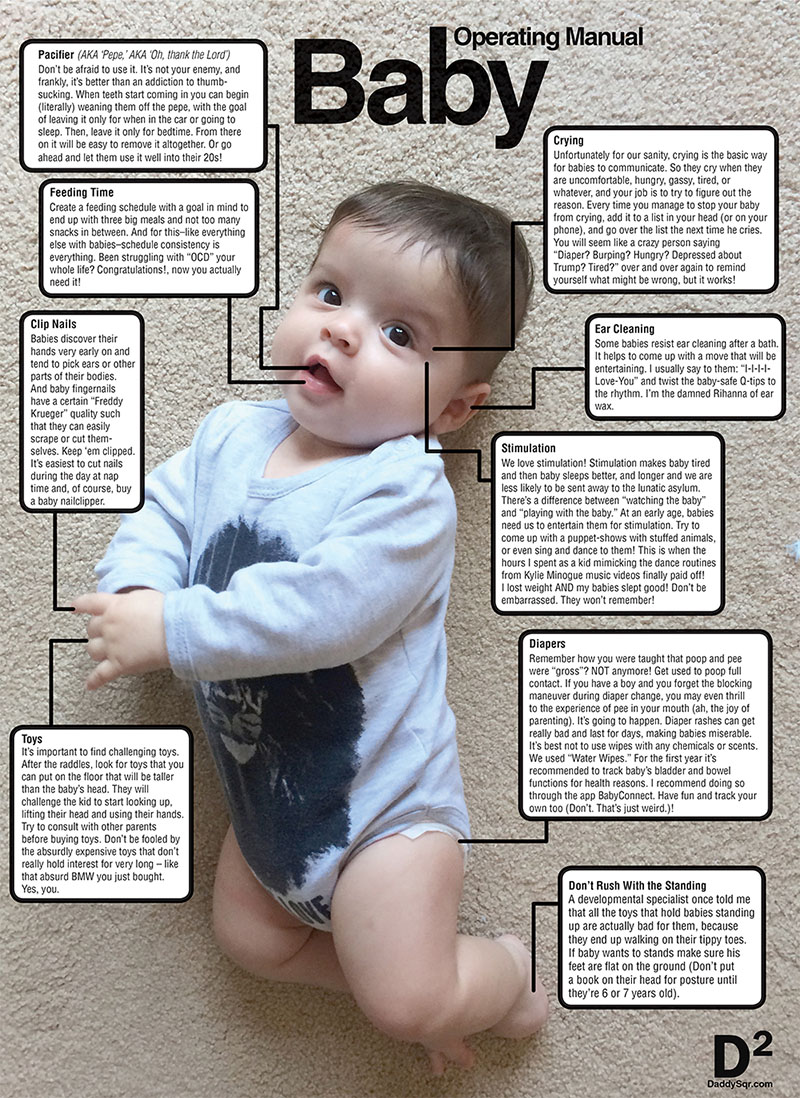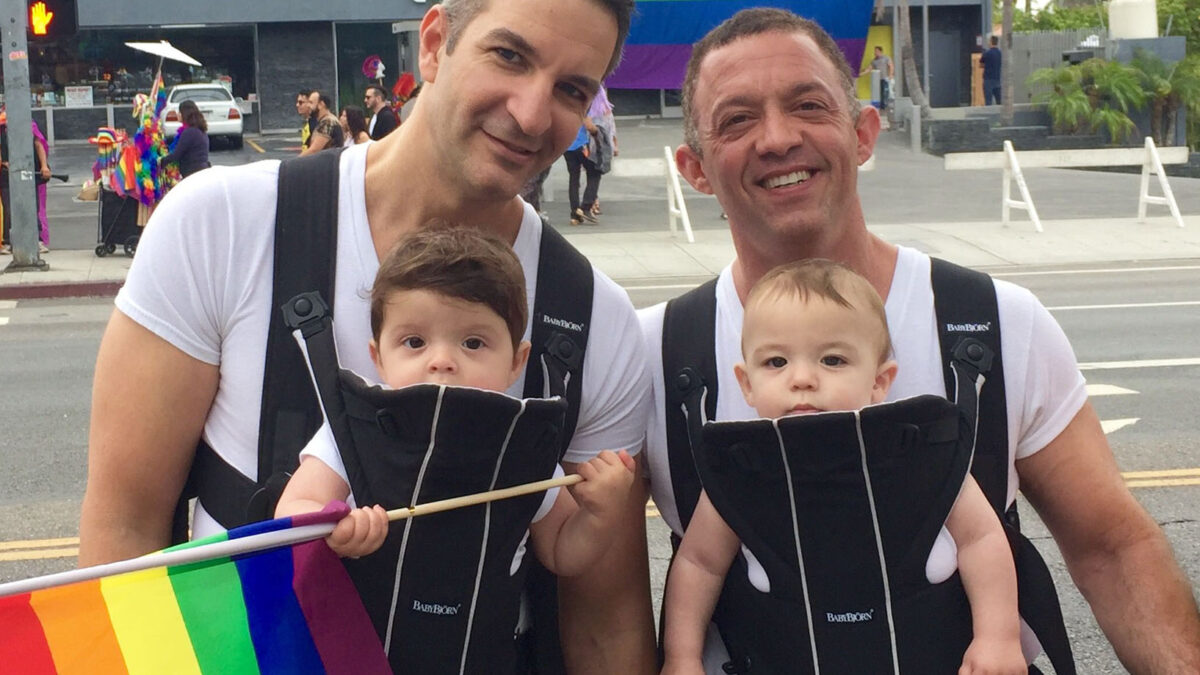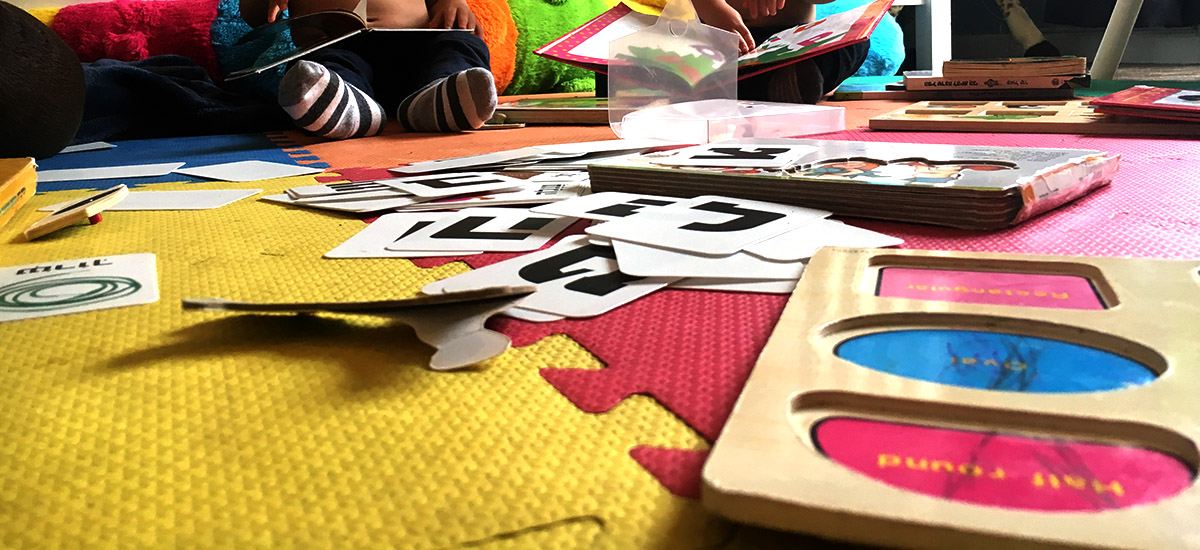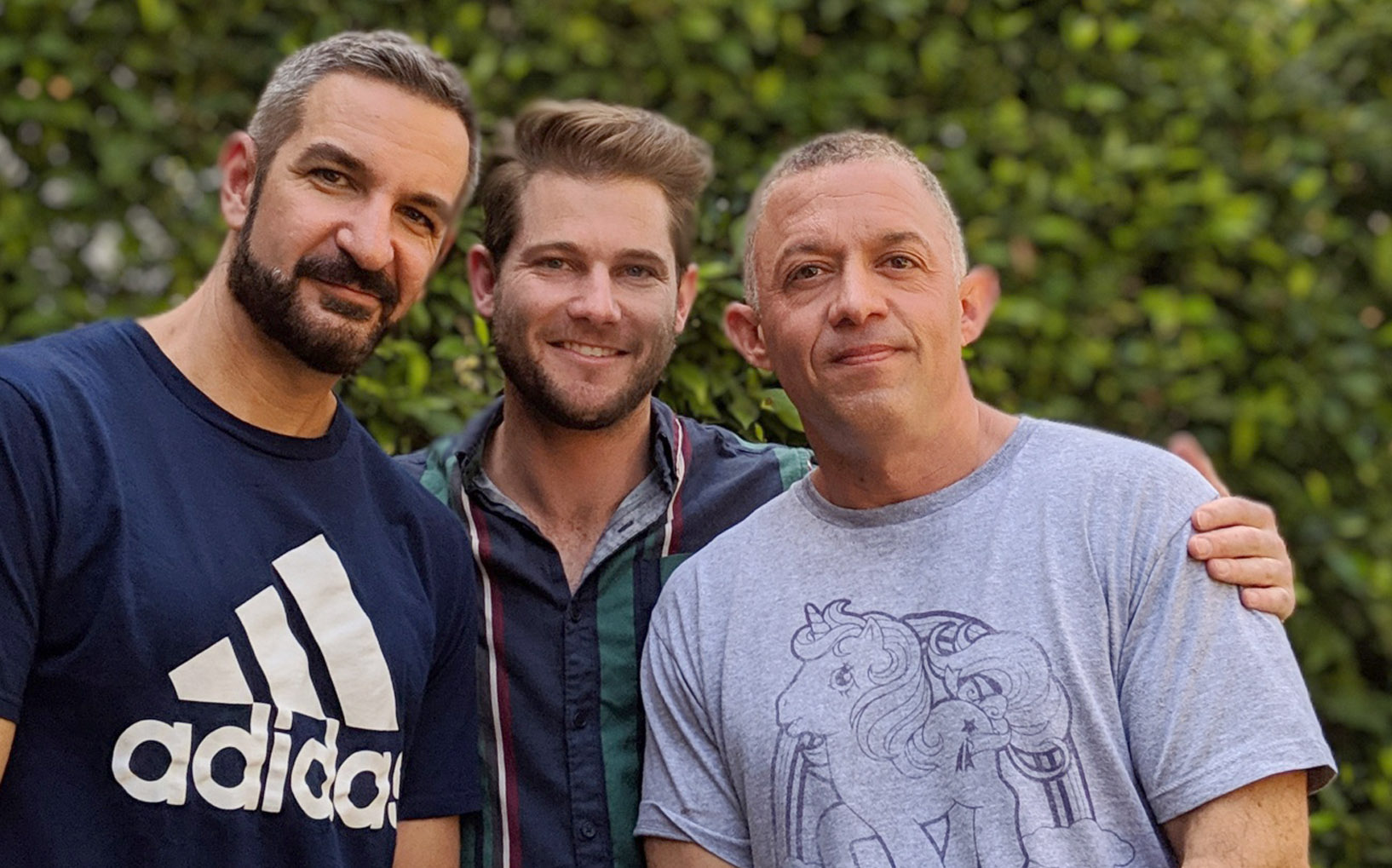Lessons Straight People Can Learn from Gay Marriage
I believe that gay marriage is here to ‘fix marriage.’ I know, it’s a little controversial, and you’ve been hearing me saying this on our podcast, but think about this: for years, we gay men couldn’t get married and had to base our long-term relationships on the daily question of ‘do I want to be with this guy today.’ No one expected from gay couples to stay together and long-term relationships were based on “I’m choosing to stay with this man” rather than a bunch of documents and pressures to stay together—as part of the idealization of marriage in western society.
I’m not saying that straight marriages can’t be happy. I’m saying that I’ve seen a lot of them fail because the couple find that after a while they are trapped in ‘roles’ and realize that they have built a separate world from each other, as in ‘men are from Mars and women are from Venus.’
Why am I telling this to you now? A recent op-ed in the New York Times titled ‘Considering Coronavirus Divorce? You’re in Good Company’ is really about all that’s wrong in straight marriages. Kim Brooks, a recent divorcée, describes her phone-loving freedom-seeking separate life from her ex-husband, with her top reasons for divorce being “basic incompatibilities that intensified over time” and “structural claustrophobia.”
“I felt lonely and isolated, disconnected from any larger community or tribe,” she writes.
Brooks bases some of her theory on an article about the history of family structure and how ‘Nuclear Family’ (dad, mom and two kids) is probably going away. Author and New York Times writer David Brooks marks the ‘Forged Families’ LGBT people have made for themselves based on common experience are among the first sign that redefined kinship. He believes that chosen families like this is where the ‘family institution’ is going. And I’m adding, if gays have figured out the forged family thing long before anyone else, let us also figure out marriage for y’all—now that we’ve experienced it.
“We’re likely living through the most rapid change in family structure in human history,” David Brooks writes. “The causes are economic, cultural, and institutional all at once.” I believe that too, but back to Kim’s article, I don’t think that romantic relationships are going away any time soon. And I also believe that we are not born knowing how to maintain a romantic relationship, we mostly base our approach on what we’ve seen around us. Our parents’, whether we like it or not, and our parents learned from their parents. This chain can be broken (again, my opinion!) only through therapy and learning about yourself. I do think that I’ve learned a thing or two about romantic relationship in my 15 years of individual therapy and 6 years of couples therapy, so let me share with you three examples of lesson that gays are bringing in that will probably change marriage forever.
Lesson #1: ‘Marriage’ is not only about being a couple but it’s mainly about who you are as an individual inside the couple.
I’m writing ‘marriage’ (with single quotes) because of my thinking that the actual ceremony and documents are less important that the nature of the relationship itself. We are all individuals who go through life with hopes and dreams and a ‘path’ (for some the path is figuring out their hopes and dreams). As a couple, you must ask yourself ‘is my partner really helping me fulfill myself or is he/she preventing me from reaching my goals?’ ‘Do I feel my partner gives me fuel to move on or are they pulling my bakes?’ I think this is valuable information that you should assess before getting married. If you discuss with your husband how much you love talking on your phone, and he wants to block this joy of yours, well, we have a problem.
Ask any gay in a relationship how much he is willing to sacrifice to let his partner go to the gym and you’ll be amazed by the answer
Who you are and your route to fulfillment as an individual is very important, and you should respect and support your partner’s fulfillment as an individual but it’s also important to figure out who you are as a couple: happiness and understanding the other are the key, which brings me to a second important lesson –
Lesson #2: The Secret to Long Lasting Relationship is Your Decision To ‘Be There’!
When I broke up with my first boyfriend after a 3-year relationship it was after I had made a conscious decision to discontinue our love relationship. It took me about 2 years of depression and then 8 years of looking for a boyfriend until I found Alex. Three years into our relationship, I found myself in the same exact situation as my previous boyfriend and thought about breaking up with Alex. But this time around, I decided not to do it, and instead we started couples therapy. My excuse to stay then was ‘I had already chosen to leave once before and it brought me here, so now I’m choosing to stay.” I was determined to not spend another 10 years and then three years into another relationship find myself in the same spot.
I then I had this BREAKING NEWS alert: “your problems in relationship are your problems,” I said to myself. “They’re most likely to be there in any relationship.”
I talked about it with Alex and we got to a “safe space” (i.e. couples therapist’s office) where I poured out all that I think is wrong in our relationship. I told him that we’re at this point when we need to either work on it, and do everything to stay together or go our separate ways.
To my surprise, Alex not only wanted to stay and work, but I also realize that I’m in a relationship with a man who’s really “in it to win it.” He didn’t run away when things got hard (and it got really hard!) but demonstrated to me the true meaning of staying and really getting into our problems and talking them out. He was ready to face accusations, negative comments and injustices in our relationship and work on them – and I did too.
Lesson #3: Parenting has little to no connection to your relationship problem
Yes. That’s what I said. If your “problems” are parenting related (someone does more than the other, for example), they are most likely to be symptoms, not the actual problems.
“My neighbor had always felt that she was the over-functioner in the relationship,” Brooks writes in her column, “the one doing more of the parenting, more of the housework, more of the emotional work, and doing it all while she worked full time and earned a Ph.D. This imbalance was part of what had led to their separation.”
And I was asking myself: did you really have to get married and have kids to realize that your husband is not supportive? And is he really not supportive? Or did he try to do stuff with the kids and you just thought you are doing better? This story is so one-sided and unfair to my opinion. I mean, parenting is a “joint-project”, and just like in any work-related joint-project, you want to make sure you are cooperating and carrying this project together. And if you don’t feel that, there’s a need for reassessment, with the rule that you’re both “in it to win it,” which is rule #2.
Action Items
Here’s what “the gay” says you have to ask yourself about marriage:
- What kind of life do you want to live? What is your dream job? Dream house? Dream friends? Dream partner? How do you want to spend your time?
- Think about the day you met your partner: what did you see in them that attracted you?
- Think about your relationship with your partner: do they support your goals in life? Do you support theirs?
- Is there something you’d like to do in life and you’re afraid that if you tell your partner it will result in a fight? (examples: support you by taking care of the kids while you are working on your PhD; opening up the relationship…)
- Are you ready to be confronted by your partner with what’s “not working” for them in the relationship and try your best to work on it in therapy?
I’ll end with a quote from David Brooks’ article. Think about it in regards to your relationship:
“Family isn’t always blood. It’s the people in your life who want you in theirs; the ones who accept you for who you are. The ones who would do anything to see you smile & who love you no matter what.”

